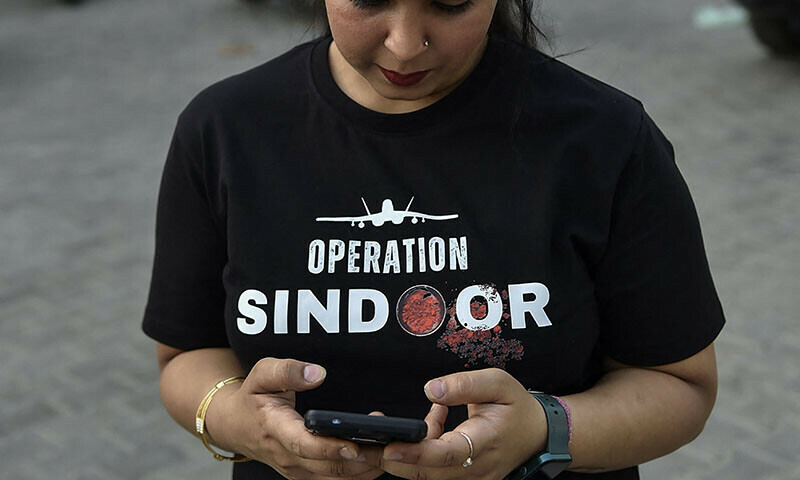Indian filmmakers are racing to lock in movie titles that tap into the surge of nationalism sparked by the recent four-day conflict between India and Pakistan. The skirmish, which claimed over 70 lives, followed a deadly April 22 attack in Indian-administered Kashmir that killed 26 mostly Hindu tourists. India blamed Pakistan for the assault, prompting retaliatory military action dubbed “Operation Sindoor.” The hostilities ended only after U.S. President Donald Trump brokered a surprise ceasefire.
The term “Operation Sindoor” — referencing the red vermilion traditionally worn by married Hindu women — was embraced as a symbol of national resolve. Bollywood studios have since scrambled to reserve related film titles, including Mission Sindoor, Sindoor: The Revenge, The Pahalgam Terror, and Sindoor Operation, aiming to capture the patriotic sentiment of the moment.
Director Vivek Agnihotri said such a story demands to be told, noting that Hollywood would have made several films on similar events. “People want to know what happened behind the scenes,” he said. Agnihotri’s earlier film, The Kashmir Files, received glowing endorsements from the ruling Bharatiya Janata Party, despite facing criticism for allegedly stoking anti-Muslim narratives.
Critics like film writer Raja Sen say the current political climate emboldens filmmakers to align with government ideology. “We tried to wage a war and then we quietened down when Mr. Trump asked us to,” Sen remarked, questioning the nationalistic bravado. He added that when propaganda dominates cinema, it can skew public perception and suppress alternative viewpoints.
Veteran director Anil Sharma, known for patriotic hits like Gadar and Gadar 2, criticized the trend of opportunistic storytelling. “These are seasonal filmmakers. I don’t wait for an incident to happen and then make a film,” he said, emphasizing that cinema should arise from deep emotional resonance, not sensationalism.
Big-budget releases continue to strategically align with national holidays to stir patriotic fervor. Last year’s Fighter, starring Hrithik Roshan and Deepika Padukone, echoed India’s 2019 Balakot airstrike and earned $28 million domestically, despite mixed reviews. Meanwhile, this year’s top-grossing film, Chhaava, based on Maratha ruler Sambhaji Maharaj, has drawn backlash for allegedly fueling anti-Muslim bias.
Raja Sen cautioned that cinema is increasingly portraying Muslim rulers and leaders in a negative light, and that true artistic responsibility lies in offering balanced narratives. Acclaimed filmmaker Rakeysh Omprakash Mehra echoed that sentiment, defining patriotism not by hostility but by storytelling that promotes peace and understanding. “How can we learn to love our neighbours?” he asked. “For me, that is patriotism.”

